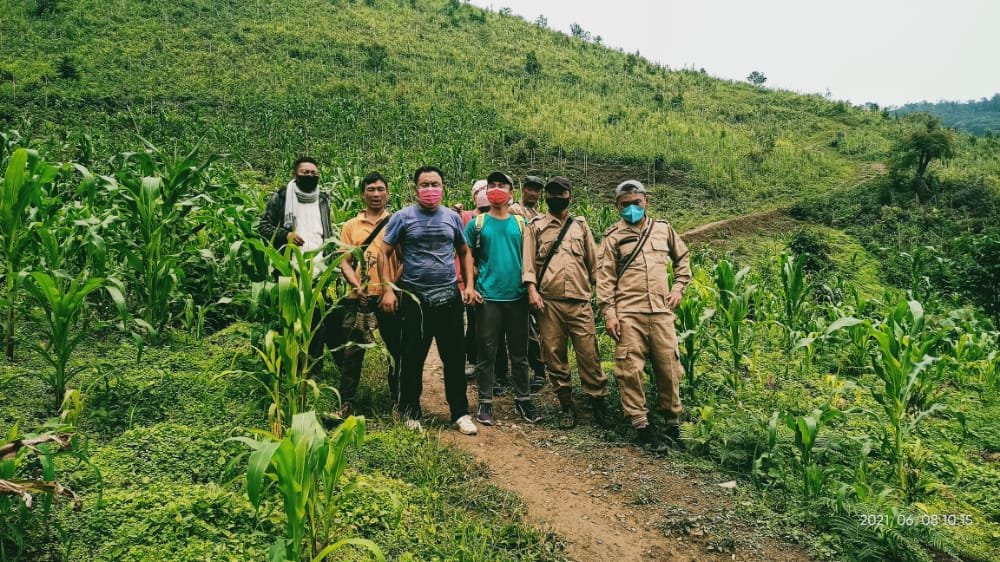© 2024. All rights reserved by ECS | Developed by Free Resource Hub
The year 2020’s pandemic hit the Tuensang District along with the rest of the world. During this crucial period, the District Administration along with ECS and Agri and Allied came up with an idea to converge to adopt 500 farmers for promotion of Rabi crops in eight villages to supply vegetables to the market needs of the district. The project also converge with the churches of the participating villages in terms of financial, monitoring, mobilization, sensitization support.
The basic challenges of converging with the Agri and allied departments was participated by 10 partner departments namely, Agriculture, Horticulture, Sericulture, Land Resources, Soil and Water Conservation, Water Resource Department, Fishery, Veterinary, ATMA and KVK. Besides the Agri and allied departments, the convergence initiative was also supported by DRDA Tuensang, District Task Force of Covid-19, District Administration, Security department, Cooperation Department, LBM and churches.
Solution outline:
- Food and Nutritional Security not only for rural farmers who are the producers but also urban population who are dependent on the surplus products supplied by producers.
- Generate Additional Income for the rural farmers.
- Create employments avenues for the rural daily wage earners.
Solution implementation:
After deliberately having a round of meetings with all the stakeholders, it was decided and the project was launched by July 2020 for a period of 6 months. Community mobilization is the first phase where decisions for clearing up the fields and setting up the timeline for different crops were established. Then technology dissemination of all the monitoring team and the beneficiaries was conducted by the end of July 2020. In the implementation part, community nursery was established for all the selected crops except for carrot which was to be seeded directly in raised beds. Subsequently followed by distribution of seedling and transplantation of seedlings with on-field demonstration and constant monitoring of fields. In the processes, the beneficiaries were trained on application of bio-nutrients like Trichoderma and NPK and for pest control Neem oil was distributed. The beneficiaries then were trained on post harvest management like sorting and grading which became efficient during the sale of the harvest produce in the market.
Slow acceptance of improved cultivation practice was one major challenge in the entire intervening village. The project being first of its kind did face some challenges in monitoring and evaluation of the performance.
Project achievements
- Support of drip Irrigation to all the beneficiary.
- Adoption of technology by farmers.
- The project had covered 502 marginal farmers.
- 8 villages participated in the initiative.
- 10 Agri and allied departments took led in the implementation of the program.
- The project targeted to raise 25 lakhs with a projection of 5000 per farmer input and managed to achieved 25.3 lakhs inclusive of NABARDS support of 8 lakhs.
- Contribution of 5 lakh from participating churches.
- The farmers income has double with the increase of production in most of the participating villages.
- Farmers who have never grown Rabi vegetables had learnt to grow and produce winter crops.
- Apart from the direct beneficiaries, many farmers had also participating the initiative in their own expenses.



